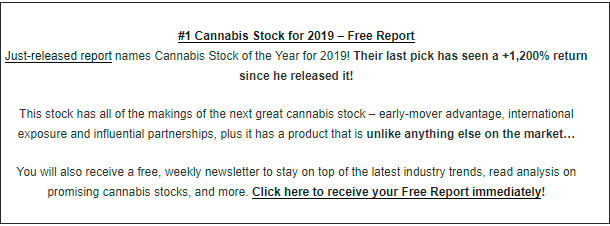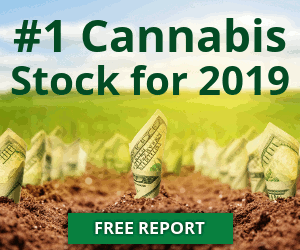Shares of Daesung Industrial Co., Ltd. (KRX:128820) last traded at 6410, representing a move of 4.91%, or 300 per share, on volume of 590,252 shares. After opening the trading day at 6010, shares of Daesung Industrial Co., Ltd. traded in a close range. Daesung Industrial Co., Ltd. currently has a total float of 43.70 million shares and on average sees 243,593 shares exchange hands each day. The stock now has a 52-week low of 3300 and high of 7180.
KOSPI: A Powerful Indicator Of The Asian Economy
South Korea has one of the most progressive, fast-paced economies in Asia. It is an influential global leader that helps drive growth in the Asian economy. Leading abilities of South Korean market help Daesung Industrial Co., Ltd. to attract more attention to its work. Without it, the region’s capacities are surely minimized.
One of the most important factors backing South Korea’s successful economy is the Korea Exchange (KRX), which boasts with over $1 trillion in total market capitalization. Despite being one of the youngest stock exchanges in Asia, it has already transformed the conduct of trade and commerce in South Korea. It brings foreign investors to Daesung Industrial Co., Ltd. and other companies.
Stock Market Division of the KRX
Under the Korea Stock Exchange and Futures Exchange Act, the KRX is divided into three: 1) the Stock Market Division; 2) the KOSDAQ Market Division; and 3) the Derivatives Market Division. All publicly traded companies are listed on the Stock Market Division of the KRX.
The Korea Composite Stock Price Index (KOSPI), which was first published in 1983, is one of the main real-time economy indicators in South Korea as it tracks the performances of all the companies listed on the Stock Market Division of the KRX. That being said, the KOSPI had to be divided into several sub-indices. These include the KOSPI 50, which monitors the 50 most active stocks on the Stock Market Division of the KRX; the KOSPI 100, which monitors the 100 most active stocks; and the KOSPI 200, which monitors the 200 most active stocks out of more than 700 stocks. A stock can be included in the KOSPI 50 and the KOSPI 100 only if it is included in the KOSPI 200. At the same time, a stock can only be included in the KOSPI 50 if it is included in the KOSPI 100. Daesung Industrial Co., Ltd. is inside the KOSPI trading operations.
The KOSPI tracks stocks on the Stock Market Division of the KRX based on market capitalization using the base value of 100. The base date is January 4, 1980. Similarly, the KOSPI 200, which represents roughly 70% of the total market valuation on the Stock Market Division of the KRX, monitors its components using the base value of 100. The base date is April 2007.
Historical Statistics
In January 1981, the KOSPI had reached its all-time low of 93.10 points. In May 2011, it had reached its all-time high of 2,228.98 points. On the other hand, in June 1998, the KOSPI 200 had reached its all-time low of 31.96 points; and in April 2007, it had reached its all-time high of 100 points.
When the Asian economy was recovering from the financial crisis that had started in Thailand, the KOSPI had recorded its largest one-day gain of 8.50% in June 1998. Meanwhile, after the 9/11 tragedy that had shaken the global economy, the KOSPI had recorded its largest one-day decline of 12.02% in September 2001.
By 2019, Asia is highly expected to account for 26% of the global financial wealth, demonstrating a 2% representation growth in just five years. The best way to bank on that fast-paced growth is to invest on stocks listed on the Stock Market Division of the KRX. Investors which work with Daesung Industrial Co., Ltd. hope to find the best quality there.
Daesung Industrial Co., Ltd. engages in the retail sale and distribution of energy in South Korea. The company has market cap of $280.14 billion. The firm operates 40 petroleum stations and 15 LP gas filling stations; and supplies various vehicle and industrial fuels, energy to heat houses, etc. It currently has negative earnings. It also constructs apartment houses; distributes and sells gas boilers; produces and supplies steam and electricity, and operates combined heat and power plants; and imports, distributes, and sells olive oil, honey, organic green tea and rice, coffee, baby food, sweet potato, etc. under the Nature's Food brand name.

Receive News & Ratings Via Email - Enter your email address below to receive a concise daily summary of the latest news and analysts' ratings with our FREE daily email newsletter.
